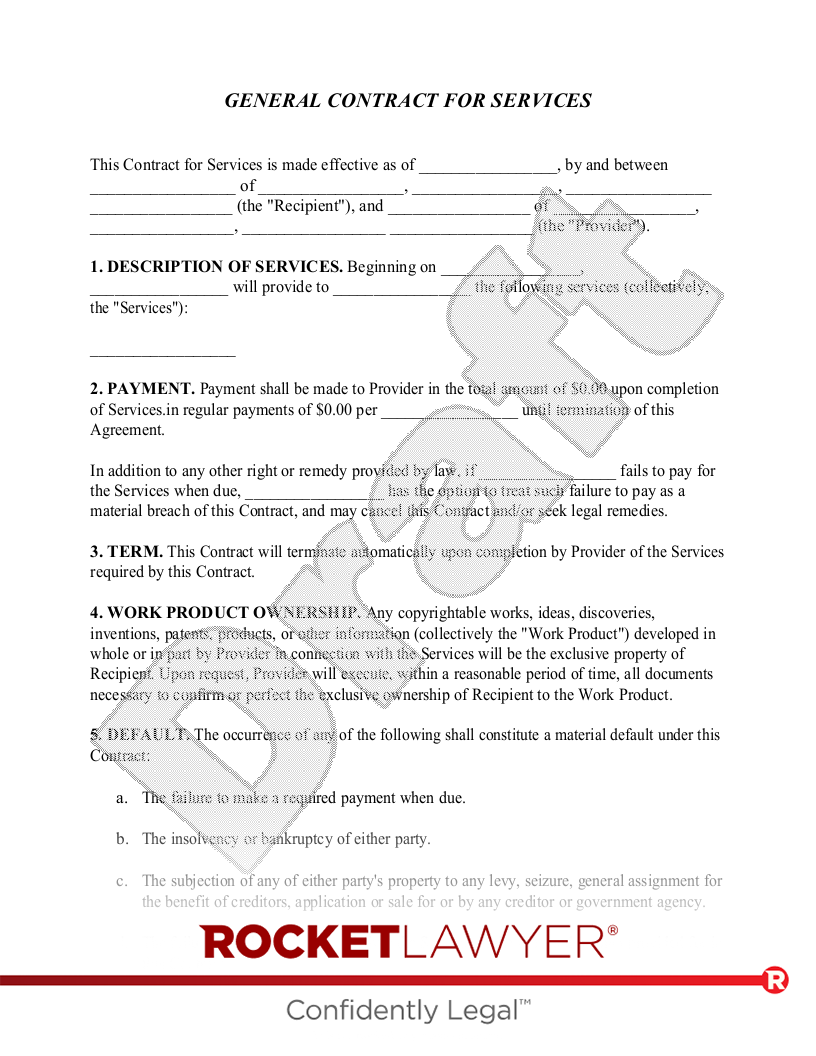First, a little background. The UCC isn't a "law" per se, but a model proposal from the federal government to state legislatures to try to bring all states into uniformity on an issue, especially in areas where it makes sense that states have laws similar to one another. It makes sense in the arena of selling goods, contracts, or financing because a lot of those activities cross state lines.
There are a multitude of "Uniform" proposals, some of which have never been adopted by a single state. The UCC has been, by far, the most widely adopted of all "Uniform" proposals. A state can adopt the UCC in its entirety (or only portions thereof) or modify it to meet its own needs.
How the UCC Affects You
If you own a business or are thinking of starting one, you will likely be impacted by the UCC in areas such as selling goods, borrowing money, or any leases or contracts you might encounter, especially if you do business across state lines. The UCC protects you because it prevents you from being blindsided by different laws in different states.
Most importantly, at the heart of the UCC is the "implied covenant of good faith and fair dealing," which means that you and the person you are selling to, buying from, or dealing with — by entering into an agreement together — must be operating under this covenant of good faith and fair dealing.
What You Need to Know
The Uniform Commercial Code can be tough to parse for non-lawyers. What's important for you to know is that almost every contract, lease, or arrangement for financing should conform to the UCC as adopted by your state. That's why it's critical for you to use professional, lawyer-drafted forms. We provide customizable UCC contracts for products, as well as a general UCC contract for services and other types of UCC service contracts. The UCC is for your benefit, so it makes sense to ensure your forms, contracts, and business dealings conform to it.
This article contains general legal information and does not contain legal advice. Rocket Lawyer is not a law firm or a substitute for an attorney or law firm. The law is complex and changes often. For legal advice, please ask a lawyer.
